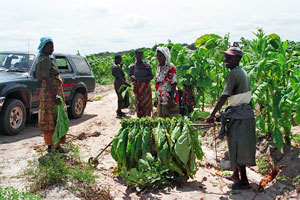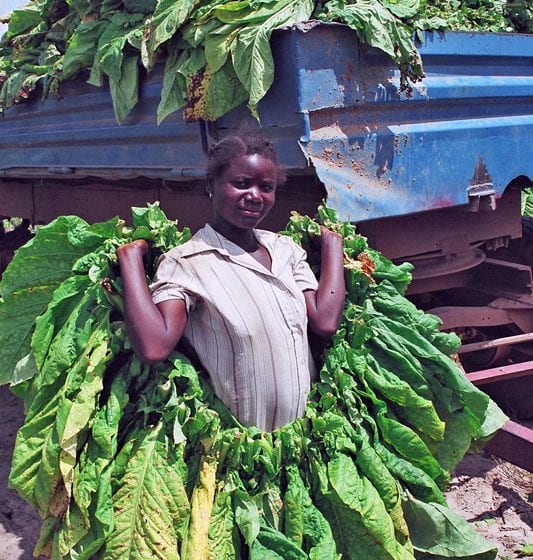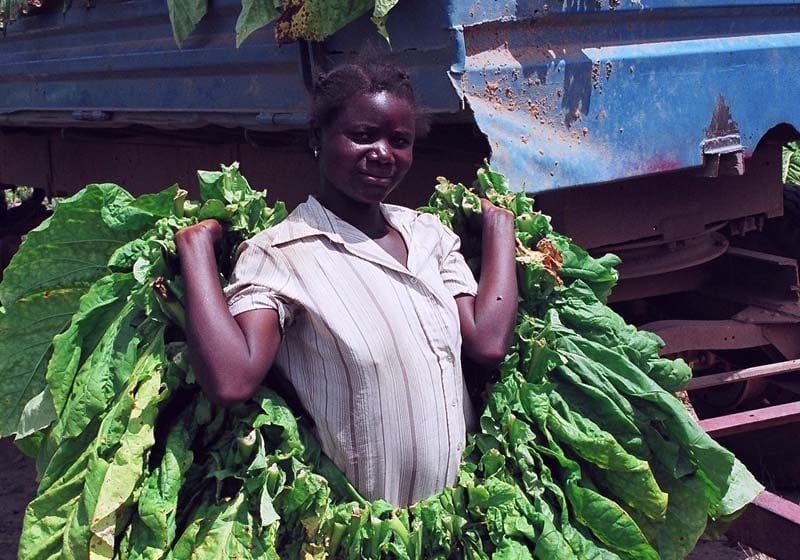A local cigarette manufacturer in Zambia says the government needs to stop the smuggling of cigarettes into the country so as to promote local industry, according to a story in the Zambia Daily Mail.
Roland Imperial Tobacco Company’s (RITCO) general manager Aliport Ngoma said the prevalence of smuggled cigarettes on the Zambian market was very high, which meant that local producers were robbed of market share and the government was robbed of revenue.
Ngoma said that about 15 percent of cigarettes on the Zambian market were smuggled into the country.
“There is need for all stakeholders, including the Zambia Revenue Authority and Zambia Police, to tackle this matter seriously,” he said.
“As RITCO, we are ready to co-operate with all stakeholders in curtailing this matter, which poses a great danger to industrial growth and economic growth,” he said.
Ngoma urged the government also to come up with policies to support Zambian-owned companies “that have to play catch-up with multinationals”.
RITCO, which is said to have invested more than US$20 million at its facility in Makeni, now plans to invest up to US$80 million and create 2,000 jobs in the Lusaka South Multi-Facility Zone.
“It is our hope that government will provide incentives for local processing of tobacco and discourage export of Zambian tobacco without value addition, once these facilities become available in Zambia,” he said.
Meanwhile, Ngoma complained that some chain stores were biased against locally-produced cigarettes. “It is very difficult to get shelf space in these stores, let alone have locally produced cigarettes accepted for sale in these chain stores, for whatever reason,” he said.




